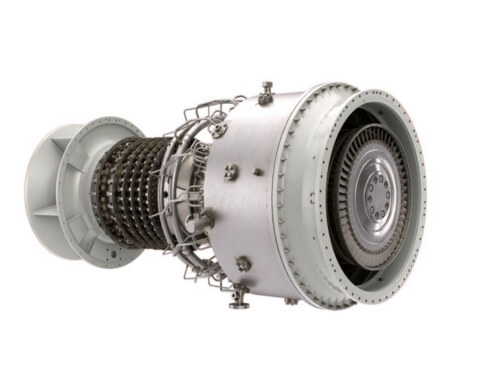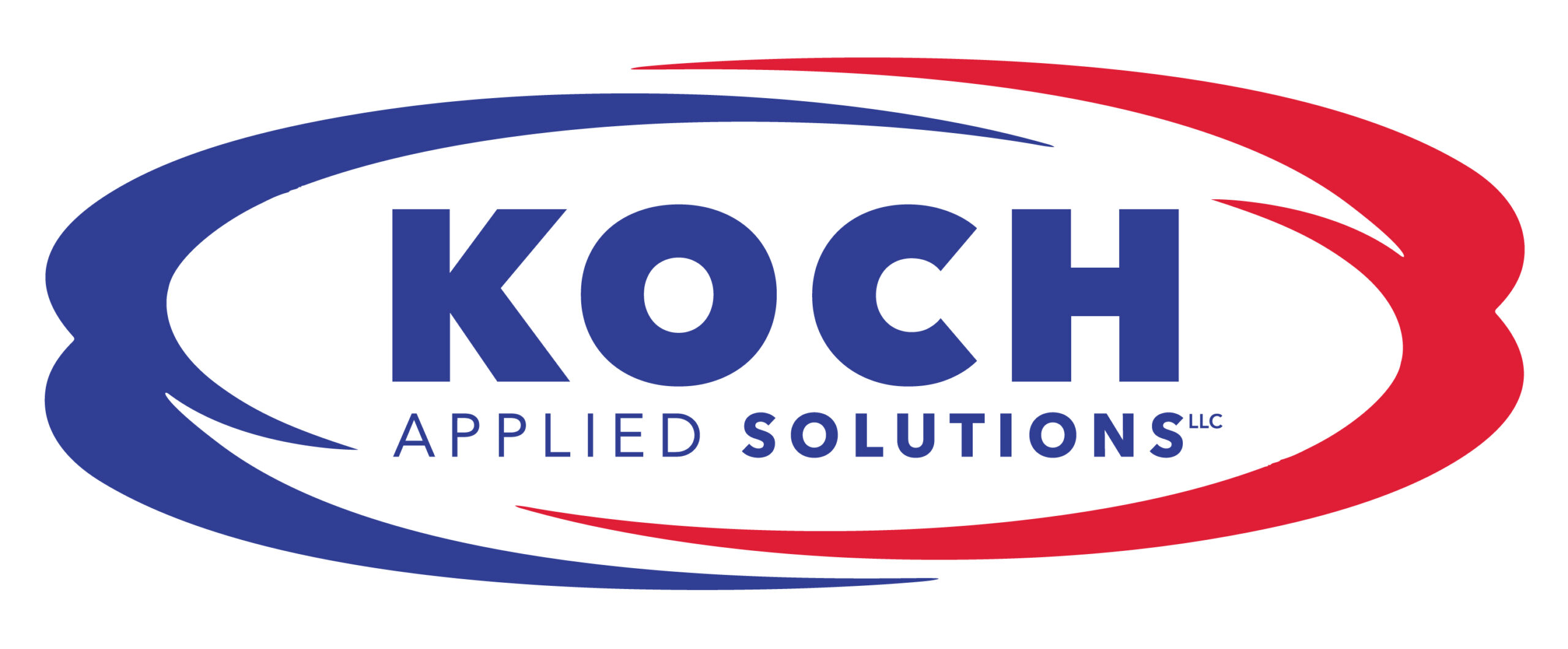
Cogeneration, also known as combined heat and power (CHP), is a highly efficient energy solution that simultaneously generates electricity and useful thermal energy from a single fuel source.
A key advantage of cogeneration is its ability to capture and utilize heat that would otherwise be wasted in conventional power generation, leading to significantly improved energy efficiency. By producing both power and heat locally, cogeneration reduces the need for separate heating systems and grid electricity, resulting in lower energy costs, reduced greenhouse gas emissions, and higher reliability.
Learn more:
Cogeneration System Products
In developing a cogeneration system, we conduct an evaluation that includes consideration of financial models and payback calculations. Since the systems can generate electricity and provide for thermal loads in the form of steam or hot water, they are typically more economical to operate than a traditional boiler system, which has the added cost of purchasing electricity from the grid via the local utility.
Other factors we consider include the need for backup power, cost of ownership, and evaluation of government incentives for cogeneration projects such as the Inflation Reduction Act.
- Applications
- Return on Investment
Applications
Cogeneration systems are a great option for enhancing energy security, reducing environmental impact, and optimizing operational efficiency. These systems can also provide reliable energy during grid outages, making them an ideal solution for critical infrastructure.
- Industrial Manufacturing – Facilities like chemical plants, refineries, and food processing plants require both electricity and heat for drying, distillation, and more.
- Hospitals – The high, continuous demands for electricity, heating, and hot water, make these systems ideal for improving efficiency and ensuring reliable power.
- Universities and Campuses – College campuses often have buildings with diverse energy needs, making cogeneration systems a good fit for centralized energy supply.
- Data Centers – Gas turbine cogeneration offers reliable electricity using the waste heat for space heating or absorption cooling where continuous power and cooling are needed.
- Wastewater Treatment Plants – Cogeneration systems can be fueled by biogas produced from the treatment process, generating both electricity and heat for the facility.
- Food and Beverage Processing – Significant amounts of heat are needed for cooking, pasteurization, and cleaning, as well as electricity for processes and refrigeration.
- District Heating Systems – Urban areas with centralized district heating can use these systems to generate both electricity for the grid and heat for homes and businesses.
Return on Investment
Cogeneration systems’ return on investment (ROI) can be significant over time, typically ranging from 3 to 7 years. Contingent factors include energy savings, fuel costs, emissions reductions, maintenance expenses, and available government incentives or tax benefits.
Facilities with stable and continuous energy needs often experience quicker payback periods, as they can maximize the efficiency of the cogeneration system by using both the electricity and heat produced. In general, the long-term energy cost savings, along with environmental and operational benefits, make cogeneration an attractive option for many energy-intensive operations.
Cogeneration System Development
Koch Applied Solutions has the ability to help with evaluating projects with all the ancillary equipment such as fuel gas compressors, HRSGs, and duct burners, and can even bring in construction and engineering resources to help drive projects forward.
Our team can provide budgeting and economic performance guidance and help you navigate the complexities of utility rates, standby charges, and other costs that have to be factored into a project of this scope and size. Request a quote to get started today.
